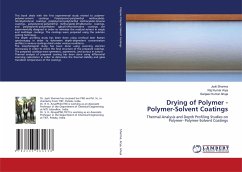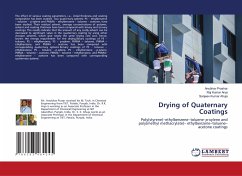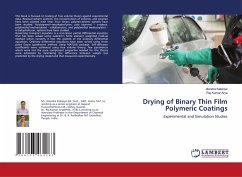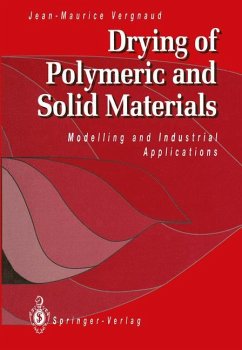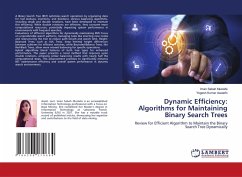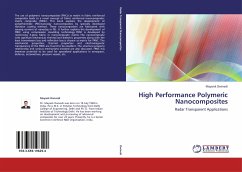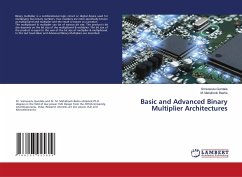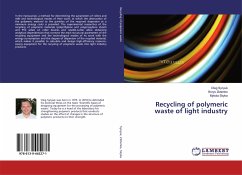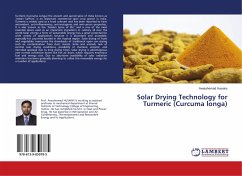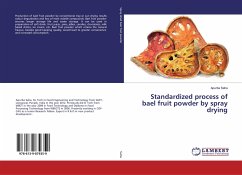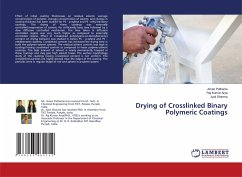
Drying of Crosslinked Binary Polymeric Coatings
Versandkostenfrei!
Versandfertig in 6-10 Tagen
27,99 €
inkl. MwSt.

PAYBACK Punkte
14 °P sammeln!
Effect of initial coating thicknesses on residual solvent, average concentration of polymer, average concentration of solvent, and change in coating thickness has been studied for PS - p-xylene and PS -ethyl benzene coatings. The drying of these coatings was externally controlled:evaporation of solvent, for sufficiently long time followed by a slow diffusion controlled mechanism. The time taken in diffusion controlled regime was very much higher as compared to externally controlled regime. Effect of Crosslinked poly(styrene-co-divinylbenzene) content on drying behavior was studied in binary PS...
Effect of initial coating thicknesses on residual solvent, average concentration of polymer, average concentration of solvent, and change in coating thickness has been studied for PS - p-xylene and PS -ethyl benzene coatings. The drying of these coatings was externally controlled:evaporation of solvent, for sufficiently long time followed by a slow diffusion controlled mechanism. The time taken in diffusion controlled regime was very much higher as compared to externally controlled regime. Effect of Crosslinked poly(styrene-co-divinylbenzene) content on drying behavior was studied in binary PS - p-xylene and PS - ethylbenzene systems. Crosslinked content has increased the drying time in both the polymer-solvent systems. The residual solvent content was high in coatings having crosslinked content as compared to linear polymer-solvent coatings. This high amount of solvent is nearly permanently trapped in these coatings and may give high solvent losses. The surface morphology study of the coatings having crosslinked content is not uniform. The crossslinked particles are highly densed near the edges of the coating. The particles were in regular shape of rod and sphere in p-xylene system.



